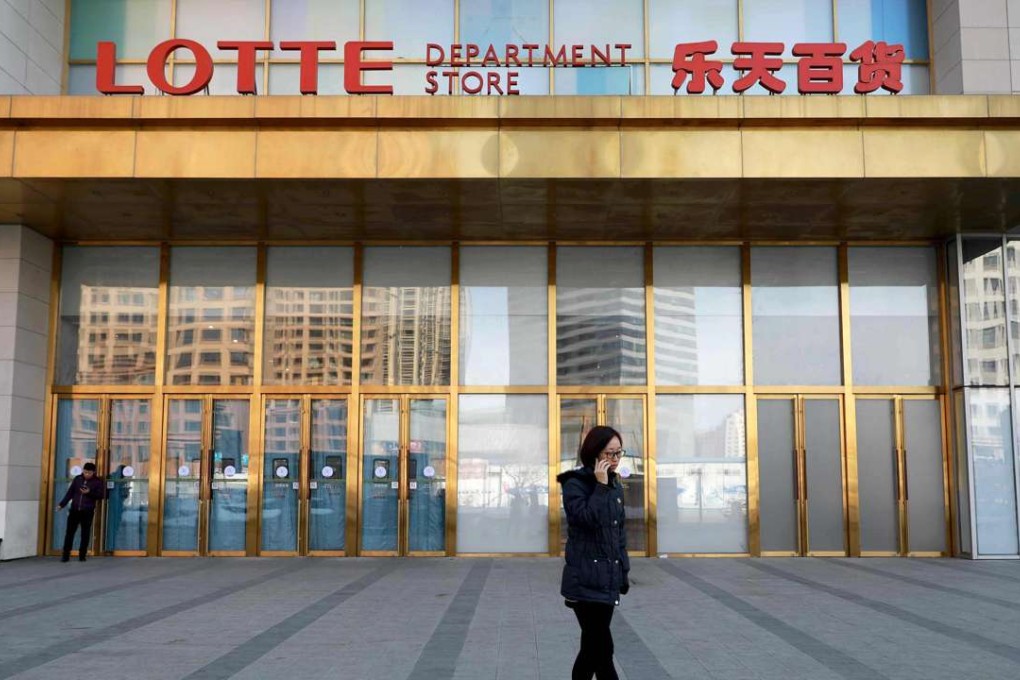Chinese boycott over anti-missile system triggers US$3.3b sell off in Korean retail groups

China’s boycott of South Korean goods over the planned installation of a US-backed missile shield has wiped billions of dollars of market value off Korea’s largest retail conglomerates in just a few days.
AmorePacific Corp, the Seoul-based cosmetics behemoth that counts Laneige, Sulwhasoo and Etude House in its brand portfolio, has lost 20 per cent in market capitalisation, equal to three trillion Korean won (US$2.6 billion), since Monday last week, the same day Lotte Group, a Korean confectionary-to-mall conglomerate, agreed to supply land to host the anti-missile system, known as THAAD.
On Friday, shares in the lipstick maker slumped as much as 12 per cent, the company’s largest intraday decline in at least decade, after reports that Beijing had banned Chinese tour groups from visiting South Korea as part of its retaliation against THAAD, which has been strongly opposed by Beijing on national security concerns.
“All eyes are now on what Beijing is doing next. It seems that they are taking new measures every day... what if they decide to shut down Korean businesses altogether next?,” said a Seoul-based investment strategist, who declined to be identified due to the sensitive nature of the subject. “We are worried that the tensions are only going to intensify.”
All eyes are now on what Beijing is doing next. It seems that they are taking new measures every day